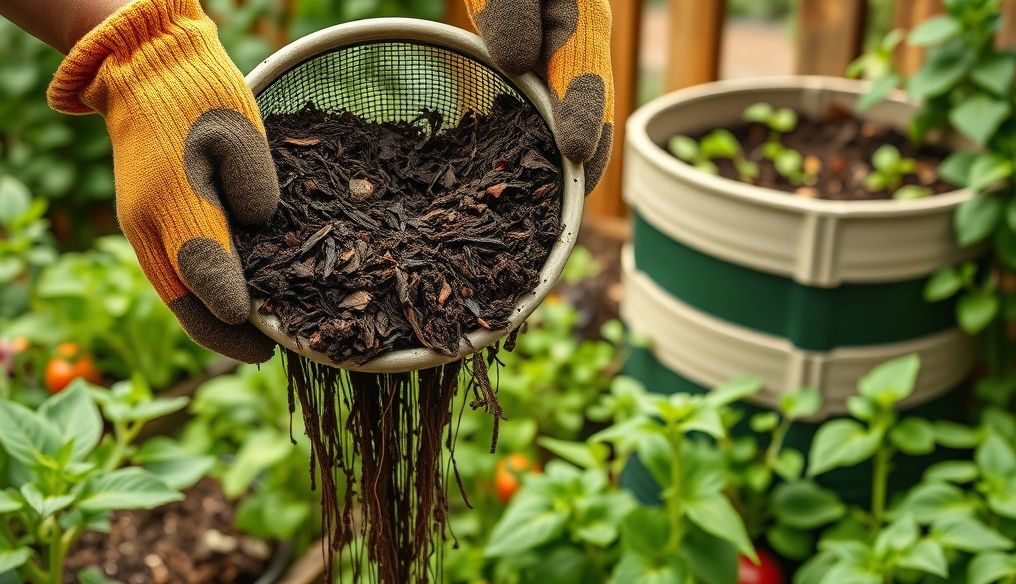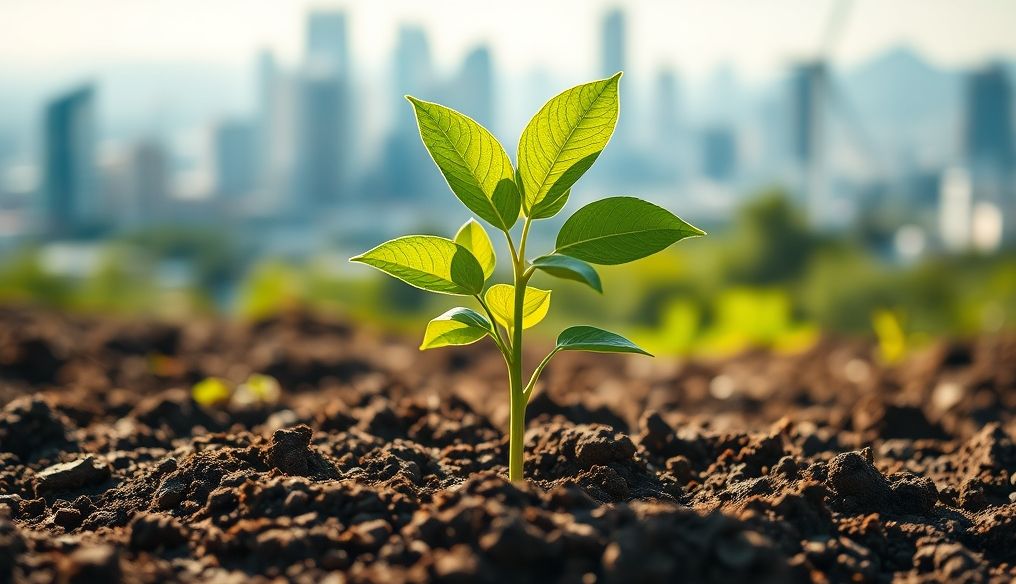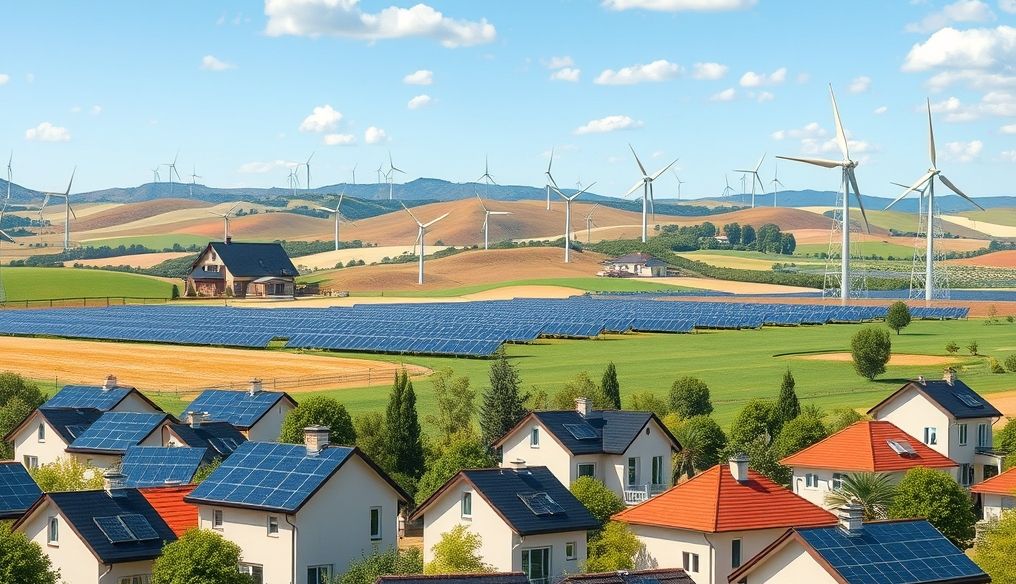What is Natural Compost and Why is it Important for Your Garden?
Natural compost is decomposed organic matter used as fertilizer to improve soil health and plant growth. It's simply a recycling process for organic materials found in your home and garden, turning them into nutrient-rich food for plants.
Benefits of Using Natural Compost:
- Improving Soil Quality: Increases the soil's ability to retain water and nutrients, and improves its structure.
- Providing Nutrients: Supplies plants with the essential nutrients they need for healthy growth.
- Reducing the Use of Chemical Fertilizers: Reduces reliance on chemical fertilizers that are harmful to the environment.
- Recycling Organic Waste: Reduces the amount of waste that goes to landfills.
- Saving Money: An economical alternative to commercial fertilizers.
What Materials Can You Use to Make Natural Compost?
You can use a variety of organic materials to make natural compost. Here are some examples:
- Kitchen Waste: Vegetable and fruit peels, coffee grounds, tea bags, eggshells.
- Garden Waste: Fallen leaves, grass clippings, small branches, plant debris.
- Other Materials: Shredded cardboard, shredded newspaper (without colored ink), wood shavings (from untreated wood).
Important Note: Avoid adding meat, dairy, fats, oils, cooked foods, or diseased or pest-infested plants, as they may attract animals or spread diseases.
Where Can You Place the Compost Pile?
Choose a suitable location to place the compost pile. It should preferably be:
- In a Partially Shaded Area: To protect the pile from direct sunlight that may dry it out.
- In a Well-Drained Area: To prevent water from pooling in the pile.
- In a Location Close to the Garden: For easy access when needed.
You can place the pile directly on the ground, or use a compost bin or container.
How to Build a Compost Pile?
Building a compost pile is very easy. Follow these steps:
- Start with a Layer of Coarse Materials: Such as small branches or wood shavings, to improve ventilation.
- Add a Layer of Green Materials (Rich in Nitrogen): Such as grass clippings or kitchen waste.
- Add a Layer of Brown Materials (Rich in Carbon): Such as fallen leaves or cardboard.
- Repeat the Layers: Continue adding alternating layers of green and brown materials.
- Maintain the Moisture of the Pile: The pile should be moist like a wrung-out sponge. If it is too dry, add water. If it is too wet, add more brown materials.
What is the Ideal Ratio Between Green and Brown Materials?
The ideal ratio between green and brown materials is about 1:2 or 1:3 (one part green materials to two or three parts brown materials). This ratio ensures a good balance between nitrogen and carbon, which are essential elements for the decomposition process.
Tip: Don't worry too much about the exact ratio. You can adjust it based on your observations. If the pile is slow to decompose, add more green materials. If the pile smells bad, add more brown materials.
How to Care for the Compost Pile?
To obtain high-quality natural compost, you need to care for the pile regularly:
- Turning: Turn the pile once a week or every two weeks to aerate the materials and speed up the decomposition process.
- Moisture: Keep the pile moist. It should be moist like a wrung-out sponge.
- Temperature: The pile should be warm. If it is too cold, add more green materials.
When is the Natural Compost Ready to Use?
The time it takes for natural compost to become ready depends on several factors, such as the type of materials used, weather conditions, and the extent of care for the pile. In general, it takes from two months to a year.
Signs that the natural compost is ready to use:
- Appearance: The natural compost becomes dark in color and has a crumbly texture.
- Smell: It has a pleasant earthy smell.
- Recognition of Materials: You cannot recognize the original materials you used to make the compost.
How to Use Natural Compost in Your Garden?
You can use natural compost in your garden in several ways:
- As a Soil Amendment: Mix natural compost with the soil before planting to improve its quality and provide nutrients to the plants.
- As Mulch: Place a layer of natural compost around plants to protect the soil from drying out and reduce weed growth.
- As a Top Dressing: Sprinkle natural compost on the surface of the soil around plants to feed them.
- To Prepare Compost Tea: Soak natural compost in water and use the resulting water to water the plants.
Additional Tips for Successful Composting
- Chop Larger Materials: Chopping larger organic materials will speed up the decomposition process.
- Use a Compost Thermometer: A thermometer can help you monitor the temperature of the pile and ensure it is in the optimal range for decomposition.
- Be Patient: It may take some time for the compost to be ready, so be patient and continue to care for the pile.
- Don't Be Afraid to Experiment: Try different types of materials and different ratios to see what works best for your garden.




